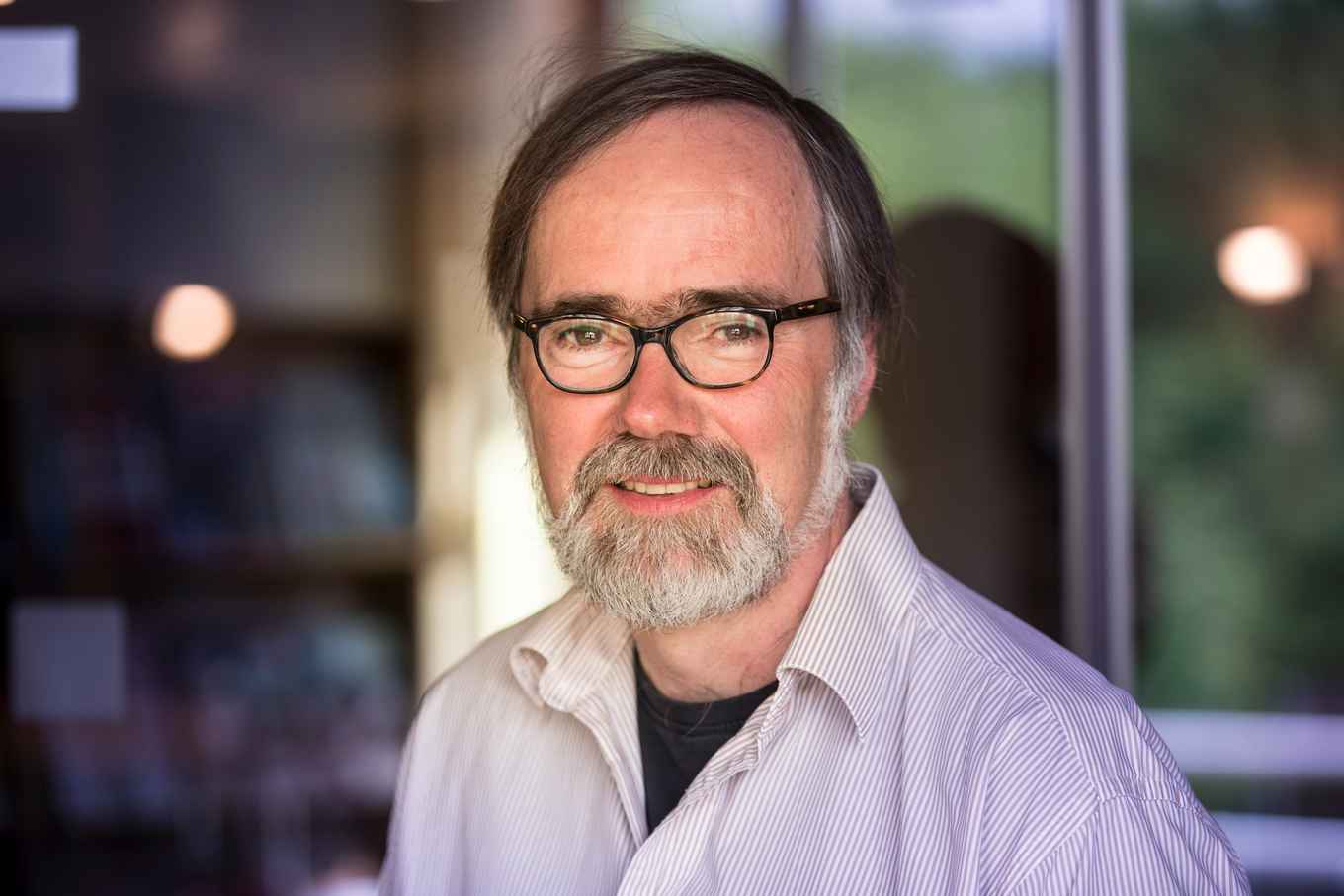Jan-Willem den Herder professor by special appointment of High-Energy Astrophysics
9 July 2019

Astrophysicist Jan-Willem den Herder is primarily involved in the development of new satellites for use in high-energy astrophysics. Approximately half of all detectable matter in the Universe is extremely hot gas with a temperature of about 1 million degrees. X-ray astronomy is one of the best methods to study this observationally. Den Herder focuses primarily on instruments that are able to observe these X-rays at a high spectral resolution, making it possible for astronomers to precisely determine the composition, temperature and velocities of this gas. Techniques vary from the use of gratings to cryogenic detectors which have to be cooled down to a temperature of less than 1 K, and are carried out with the high level of reliability that space instruments demand.
Collaboration in space missions
As a professor by special appointment, Den Herder will focus on strengthening collaboration between the UvA and SRON in the area high-energy astrophysics. Space missions are necessary for this branch of astrophysics because our atmosphere absorbs much of the high energy radiation (X-ray, gamma rays). UvA and SRON will collaborate in the scientific analysis of the data to be obtained with the next major ESA mission. The analysis methods used must be significantly advanced, similar to the new instrumentation that Den Herder is developing at SRON. The UvA and SRON are ideally placed to complement each other in this respect. The development of methods for the analysis of new data will be key for the success of these new missions. Preparation of future instruments will benefit from this collaboration as well. Examples of these include the instruments required for missions that are tasked with very precisely observing time-dependent information (via X-ray timing) and the use of interferometric techniques. Last but not least, this collaboration will give students at the UvA the opportunity to gain more experience of the development and use of space missions.
About Jan-Willem den Herder
Den Herder is a senior researcher at SRON, the Netherlands Institute for Space Research, one of the institutes of NWO-I. He is involved in various international research projects and is one of the leading scientists in the research team for the Athena mission, one of the three big observatories that the European Space Agency (ESA) is set to launch over the next decade. In this context, he is the Principal Investigator leading the ancillary project that NWO is funding as part of the ‘National Roadmap for Large-Scale Scientific Infrastructures’ and in which SRON is collaborating with the UvA and a number of other parties. Den Herder has also co-managed the AHEAD project, an EU project launched to support the high-energy astrophysics community in Europe.
Den Herder is a member of various bodies, including the steering committee of one of the National Research Agenda routes, the scientific advisory committee of the Japanese XRISM mission, and the International Academy of Astronautics (IAA).